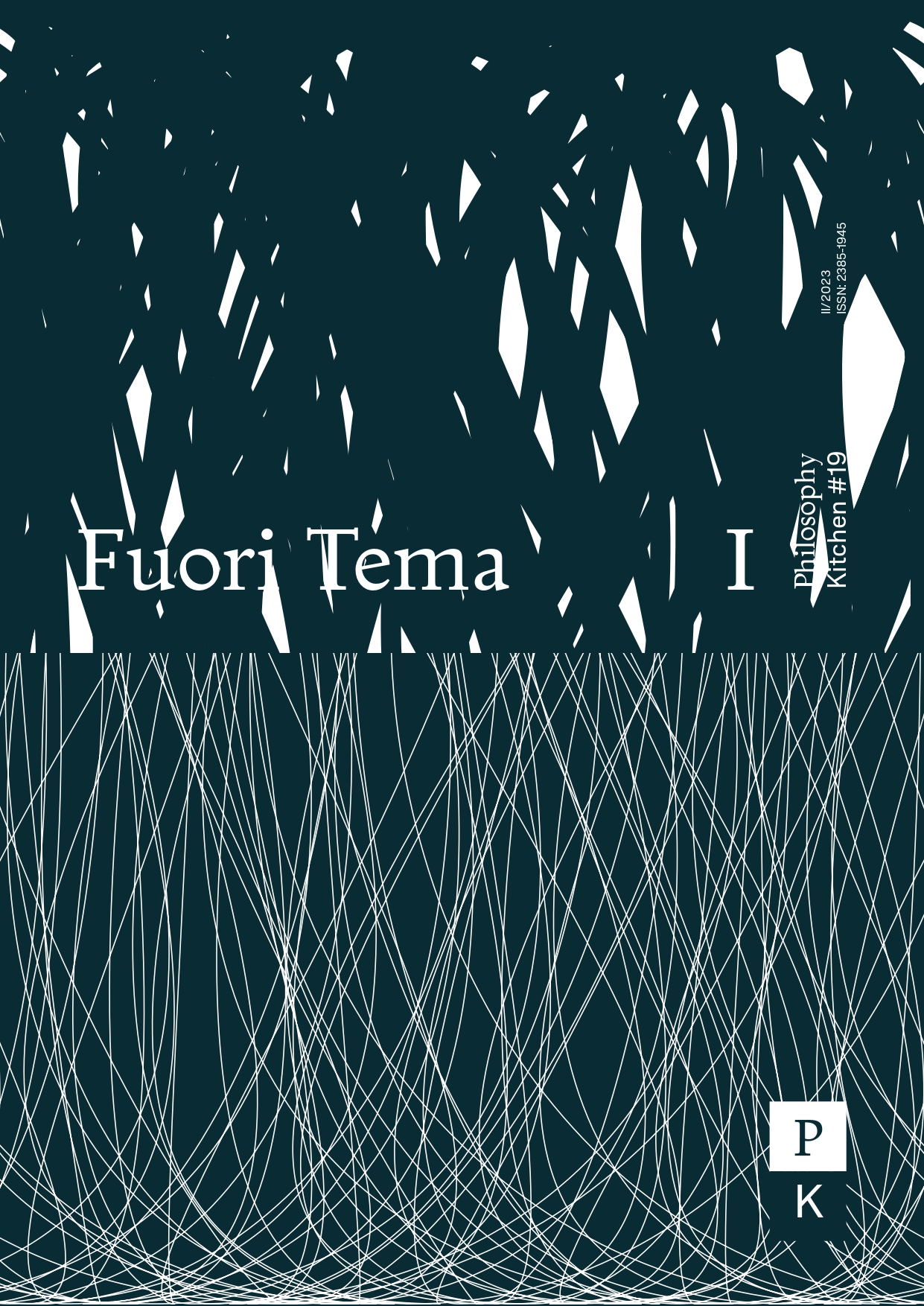Mind Games. Can One Philosophise Through Video Games? [Media Philosophy (Levels 1 and 3 - Game Demo)]
DOI:
https://doi.org/10.13135/2385-1945/9381Abstract
The paper discusses alternative forms of production and dissemination of philosophical knowledge, focusing specifically on video games. Firstly, §§ 1-2 introduce the question of the existence of a textual bias informing present academic practices and habits: § 1 discusses the cases of some new disciplines of the videoimages, while § 2 presents some examples taken from philosophy “of” image, “of” media, “of” video game, and pop-philosophy, insisting on the deep intertwining of philosophy with alphabetic writing. Then, §§ 3-5 address the question of whether it is actually possible to philosophize through video-images, considering the case of video games: § 3 highlights the existence of some gamephilosophers who produce and disseminate their research also through video games; § 4 distinguishes the different ways in which the connection between philosophy and video game can be conceived; § 5 states that it is possible to identify an analytic and a continental approach to philosophy made through video games. Finally, §§ 6-7 analyze the possible future evolution of philosophical discourse: § 6 points towards a mediologically more inclusive philosophical practice, and § 7 concludes by arguing the need to engage actively in the construction of a post-literate philosophy.





